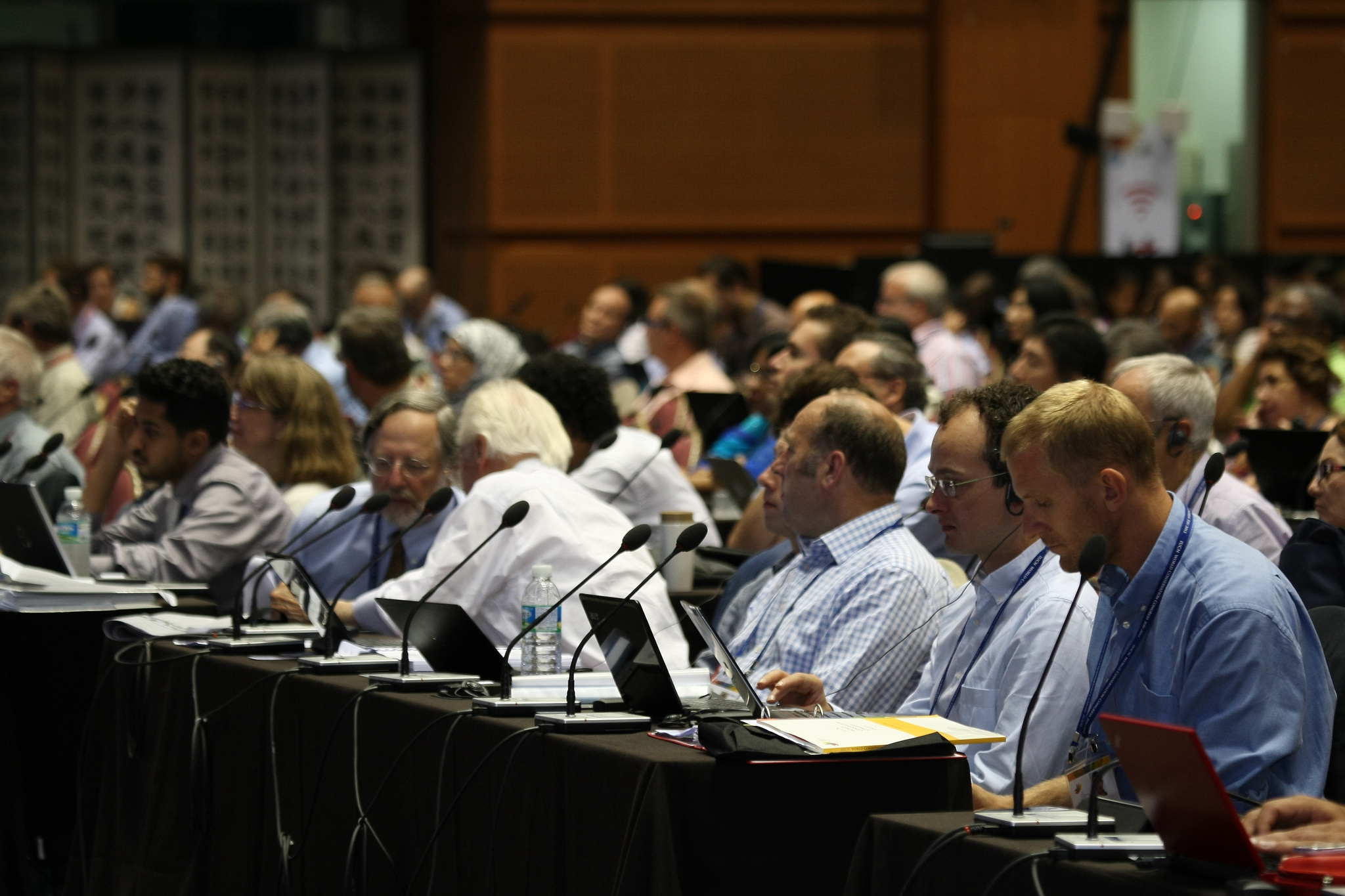With a significant proportion of the world’s population being inadequately nourished and the environment treading dangerously close to its safe operating space boundaries, a global transformation of the food system has been signalled out by scientists as the “single strongest lever to optimize human health and environmental sustainability on Earth.” However, current food production and consumption models are threatening both people and planet.
According to the Food and Agriculture Organization (FAO) of the United Nations, approximately one fifth of global greenhouse gas emissions are generated in the food industry through agriculture and land use, including fisheries and livestock production. Furthermore, climate change is also placing significant strain on global food security. According to the World Food Programme this occurs via two main factors: extreme weather events, whereby climate change increases the risk and frequency of some disasters such as droughts, floods and storms which in turn can destroy crops and critical infrastructure; and long term/gradual climate risks, that include instances such as sea level rise and accelerated glacial melt, with the former affecting land availability and the latter impinging on the availability of water resources.
The issue of climate change impacting food security is echoed by the UNFCCC. In the 2018 State of Food Security and Nutrition in the World Report, the FAO highlights how the number of hungry people grew for the third year in row in 2017, reaching a total of 821 million worldwide. More worryingly, the report demonstrates that this number will continue to rise if countries fail to tackle climate change and build resilience to its unavoidable impacts. Furthermore, it suggests that tackling the way in which we nourish ourselves is a fundamental aspect that we can address easily and that would in turn have a significant effect on our ability to feed the world whilst reducing greenhouse gas emissions.
“The food sector is a strong lever to optimize human health and environmental sustainability”, said Ovais Sarmad, Deputy Executive Secretary of UN Climate Change. “It’s not about targeting any particular areas of society, consumption and markets, it’s about innovation, raising awareness and taking action”, he said.
In an effort to provide the scientific research needed to inform dietary decisions, the EAT-Lancet Commission Report brings together a group of 37 leading scientists in an effort to establish “universal scientific targets on what defines a healthy and sustainable diet.” The report highlights that three main areas have to be tackled if we are to remain within a “safe operating space” for food systems. These include: substantial shifts in dietary patterns, dramatic reductions in food losses and waste, and major improvements in food production practices.
According to Prof. Walter Willett MD Harvard T.H. Chan School of Public Health, co-chair of the EAT-Lancet Commission: “Transformation to healthy diets by 2050 will require substantial dietary shifts. Global consumption of fruits, vegetables, nuts and legumes will have to double, and consumption of foods such as red meat and sugar will have to be reduced by more than 50%. A diet rich in plant-based foods and with fewer animal source foods confers both improved health and environmental benefits.”
Food systems have the potential to nurture human health and support environmental sustainability; however, they are currently threatening both. Providing a growing global population with healthy diets from sustainable food systems is an immediate challenge. A move towards international and national commitments to providing healthy diets, shifting agricultural priorities from quantity to producing healthy food, effective governance of land and oceans, and a cut down on food waste are all measures that can make a difference.
Furthermore, science based targets are a fundamental cog in driving change in dietary patterns. This approach is already bearing fruit with 566 companies having already committed to science-based climate action. For example the Swedish company IKEA has pledged to increase plant based food in its stores from 14% to 20% by 2022 and halve its food waste by 2020. Just one example of how science can provide the facts and information that bring producers and consumers to change their behavioural patterns.






